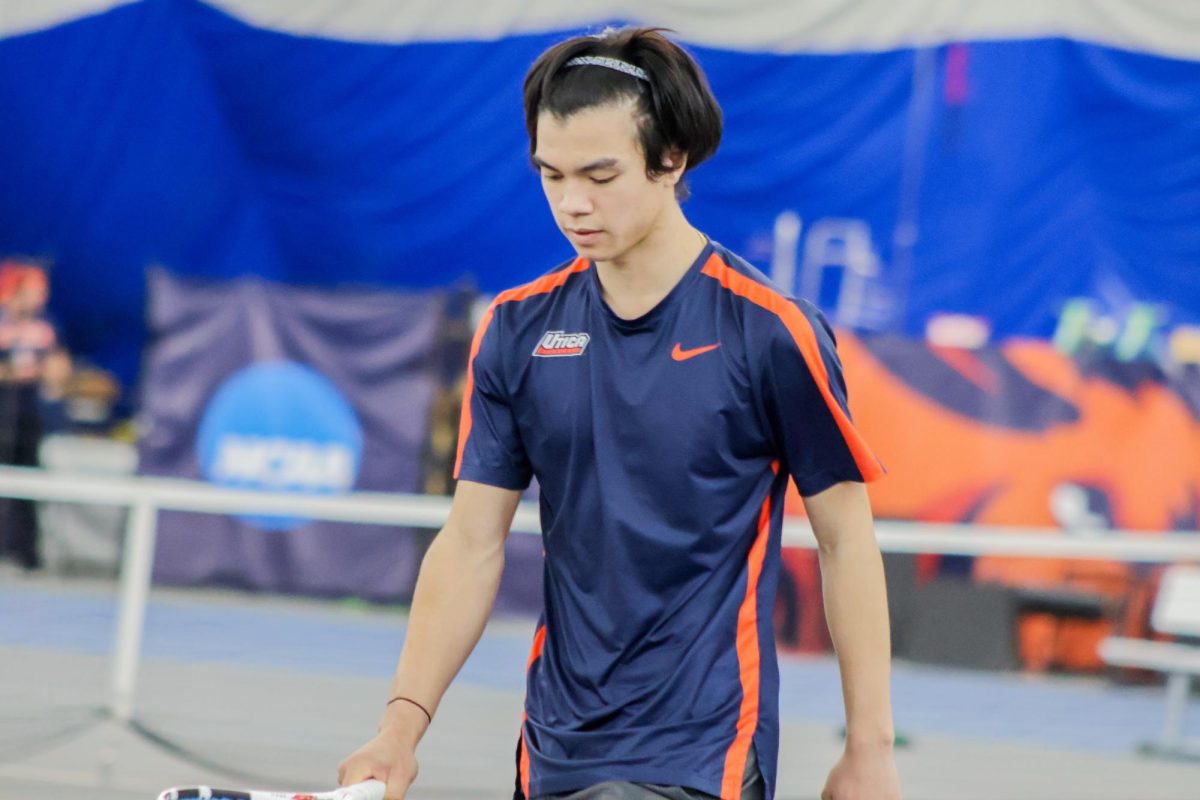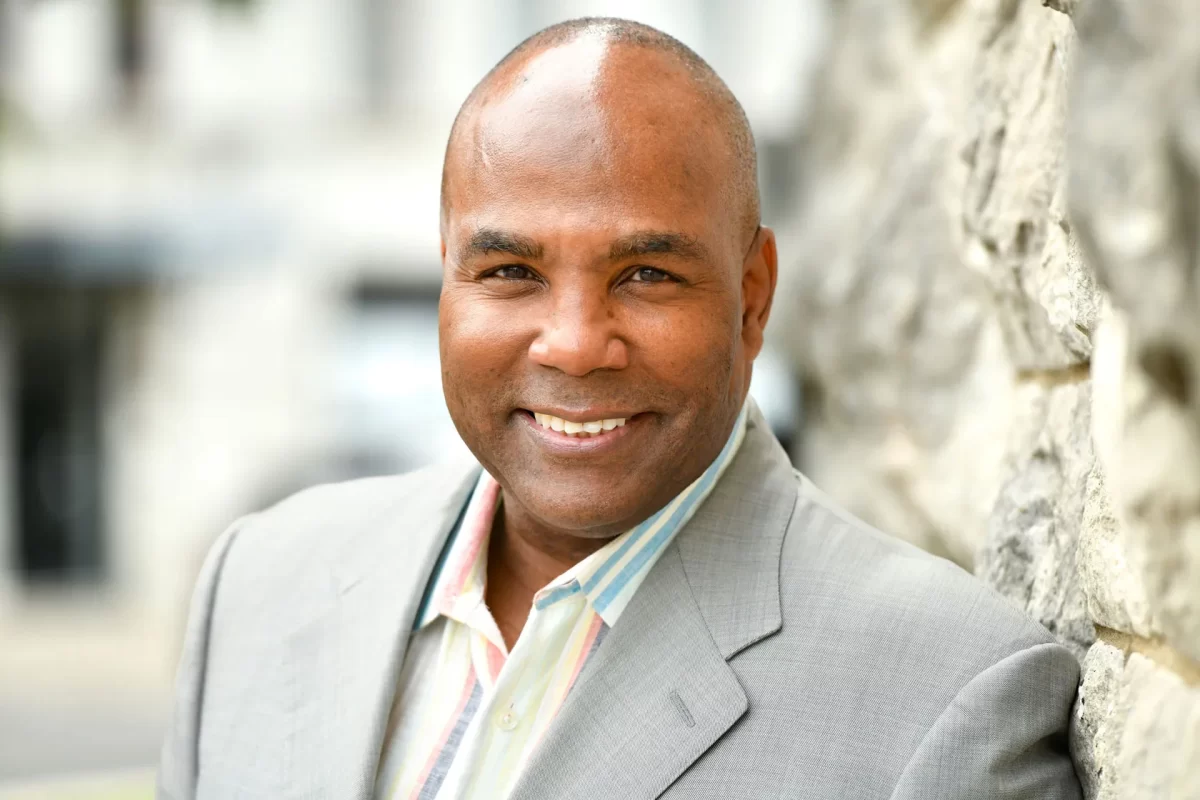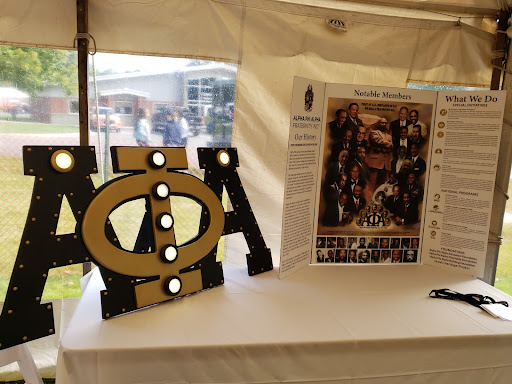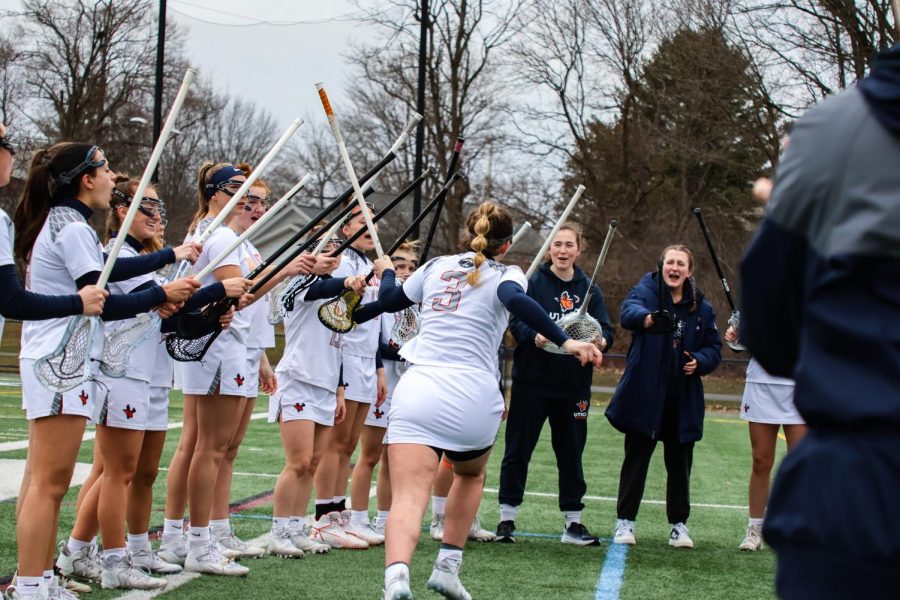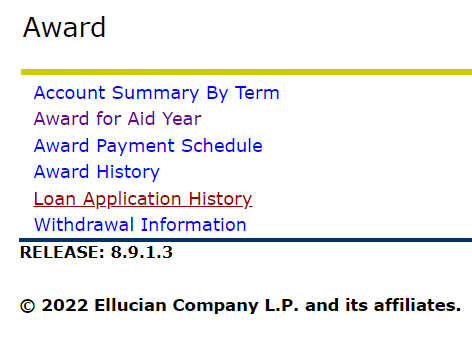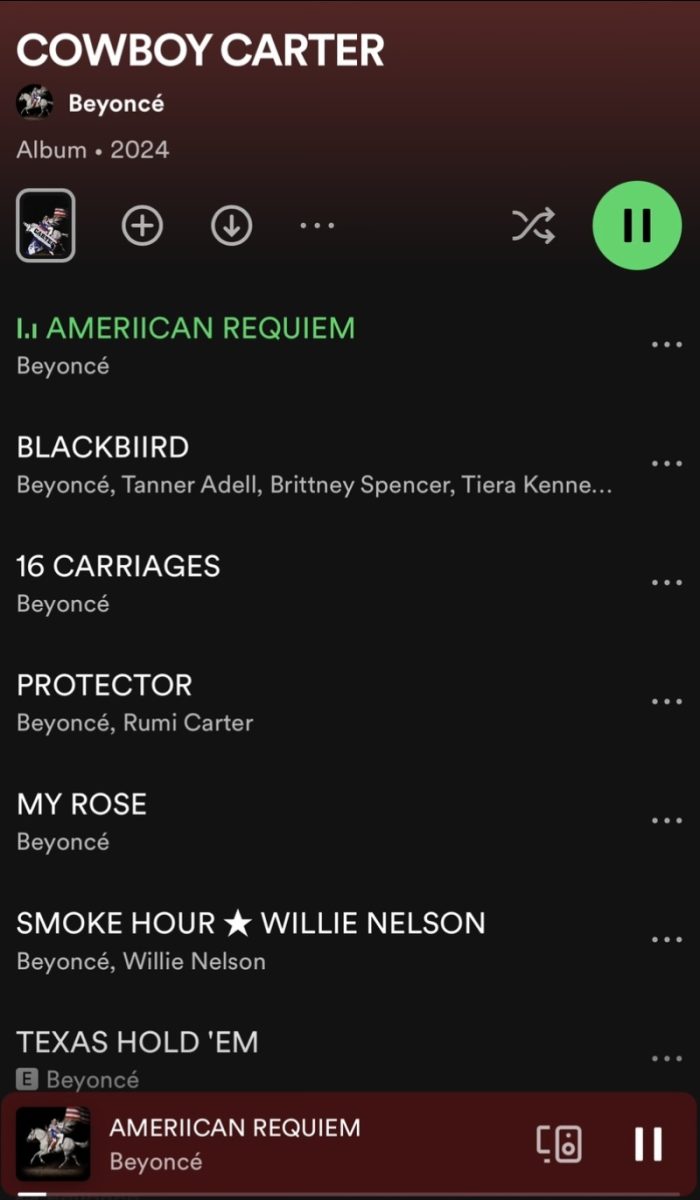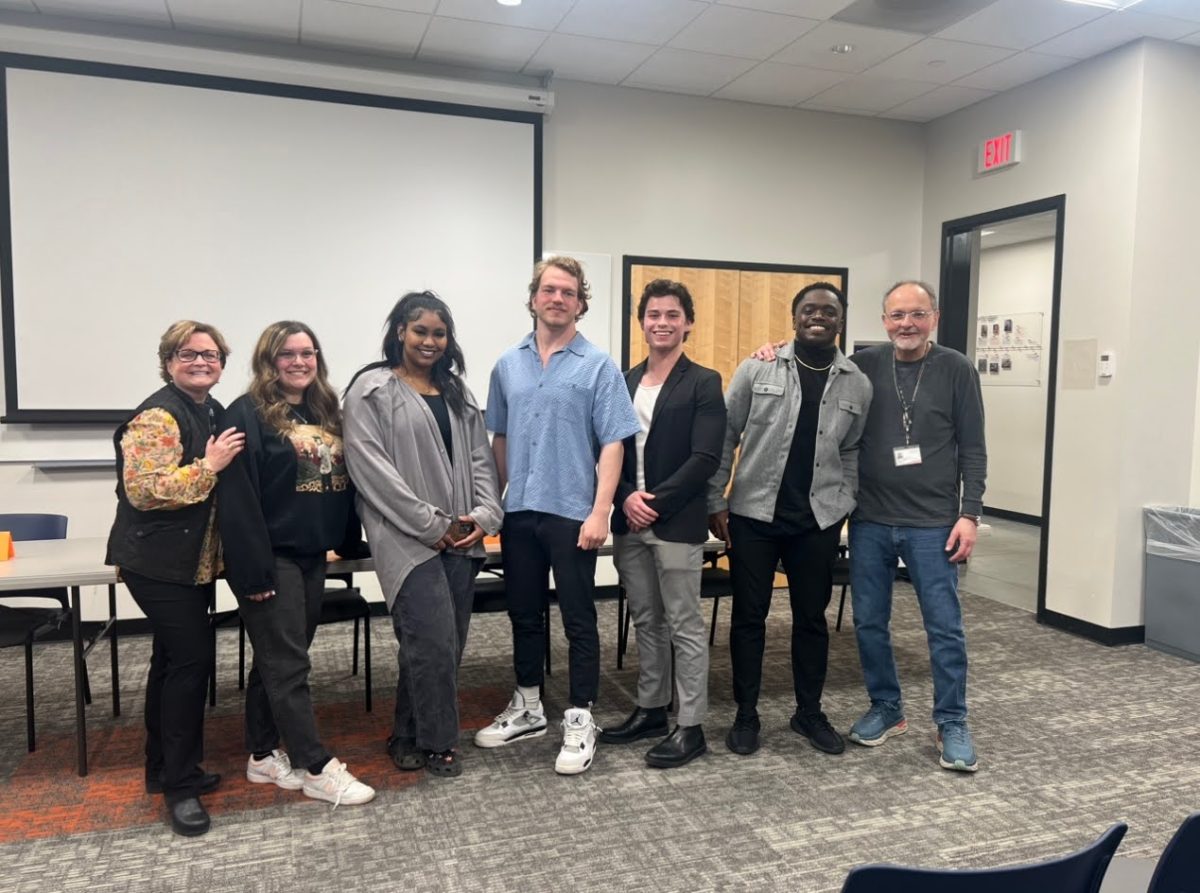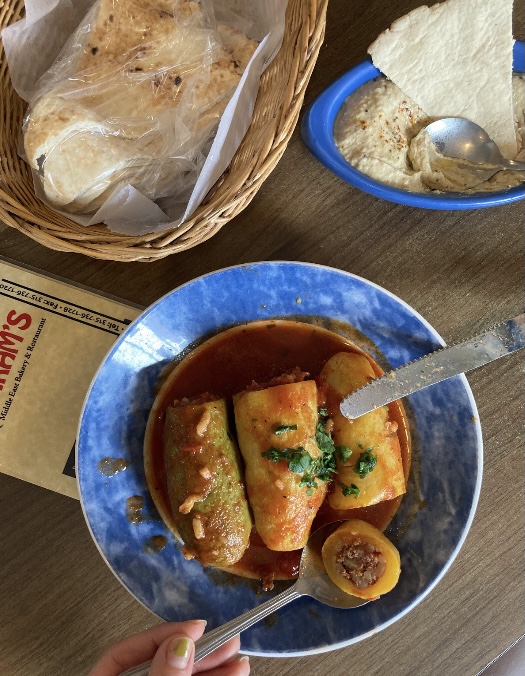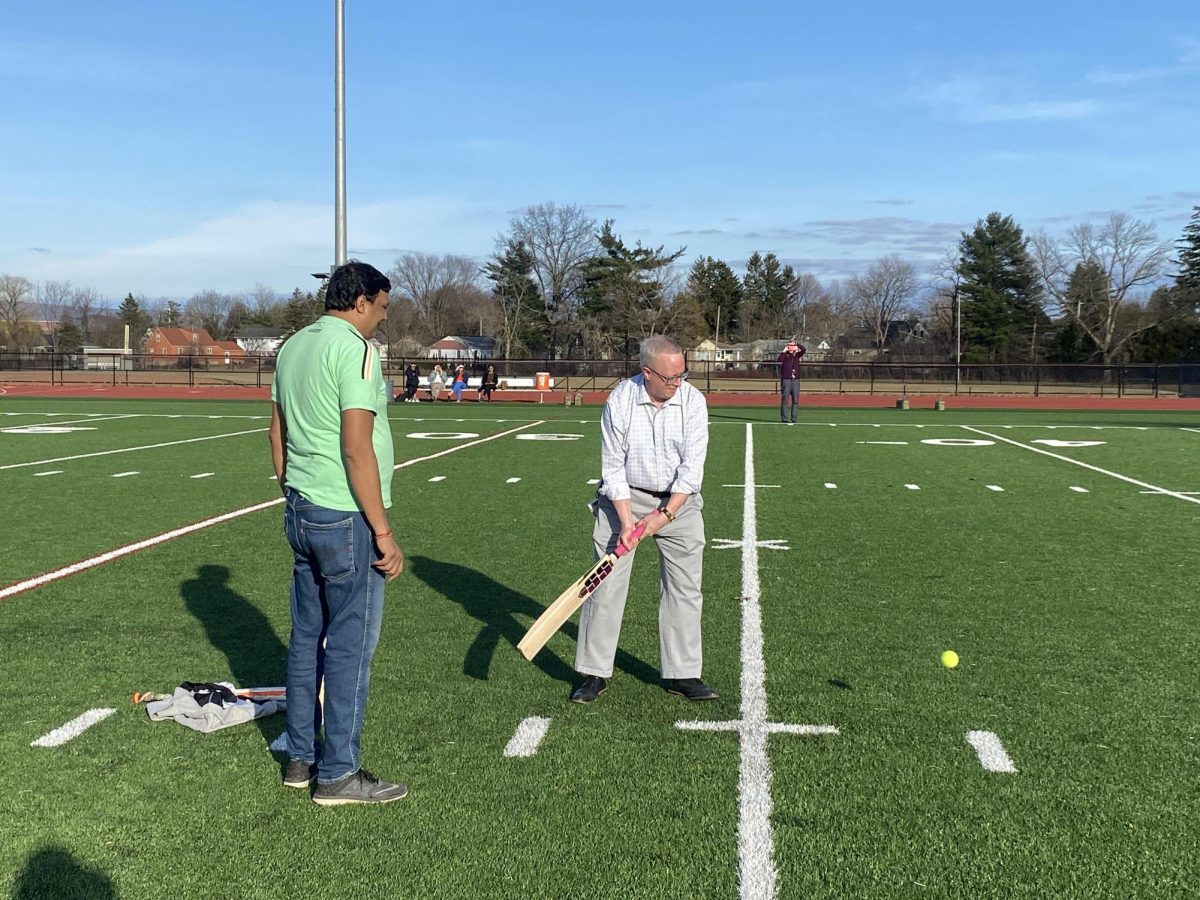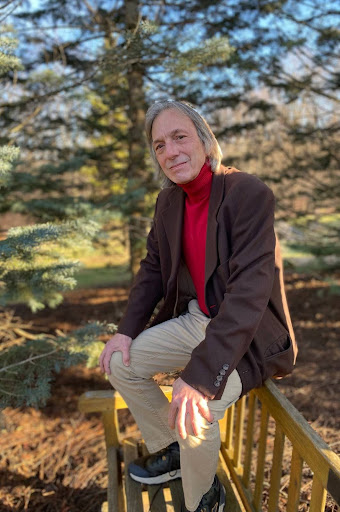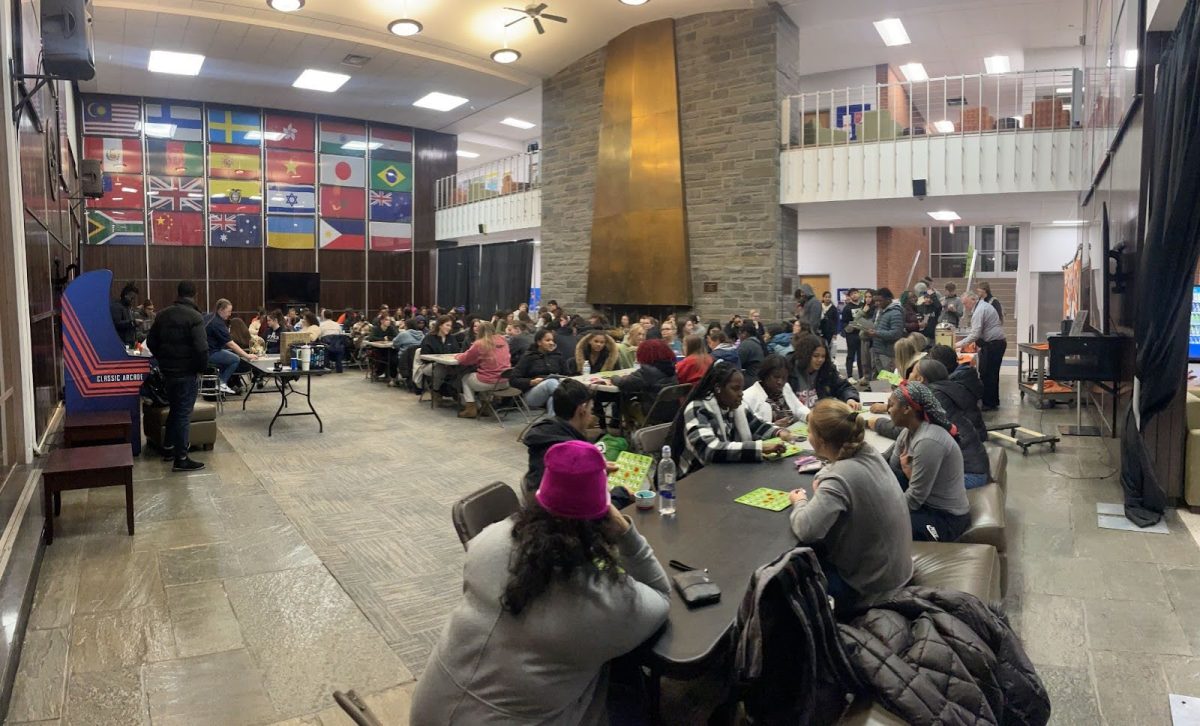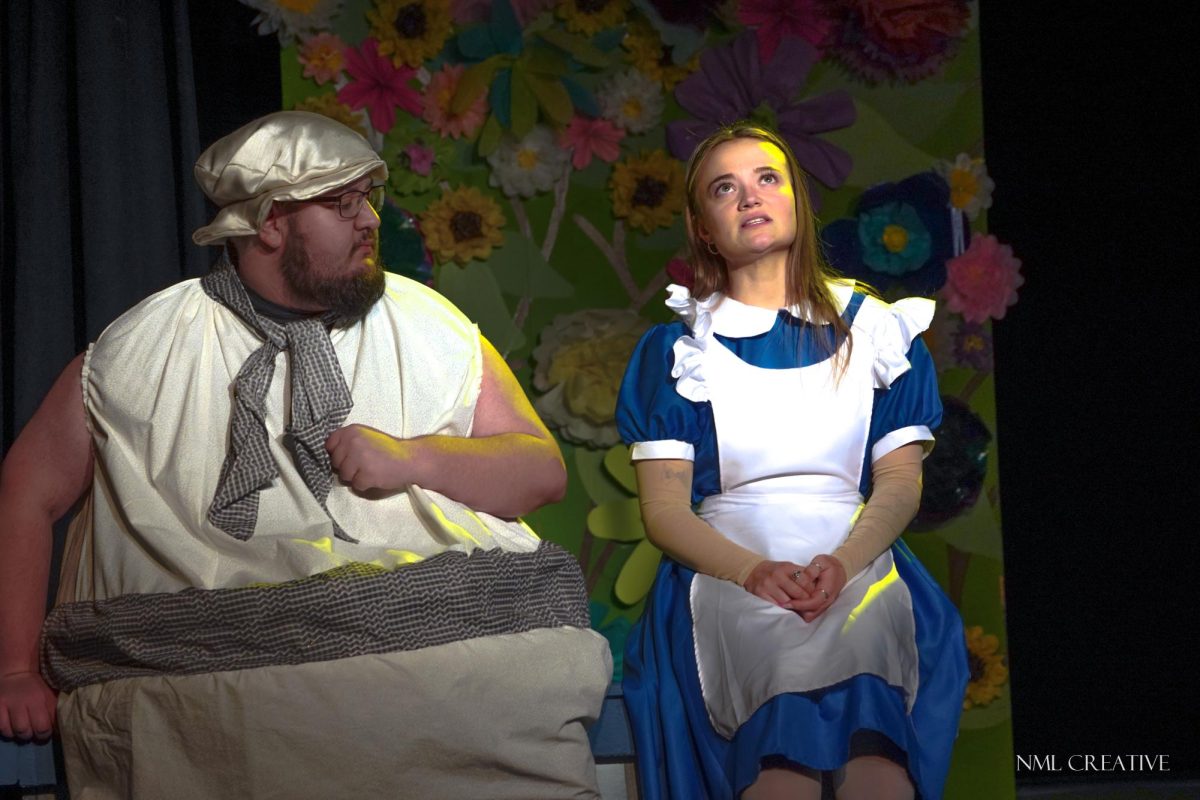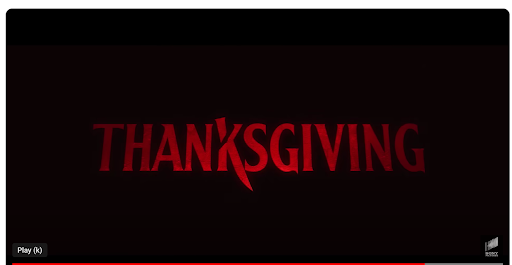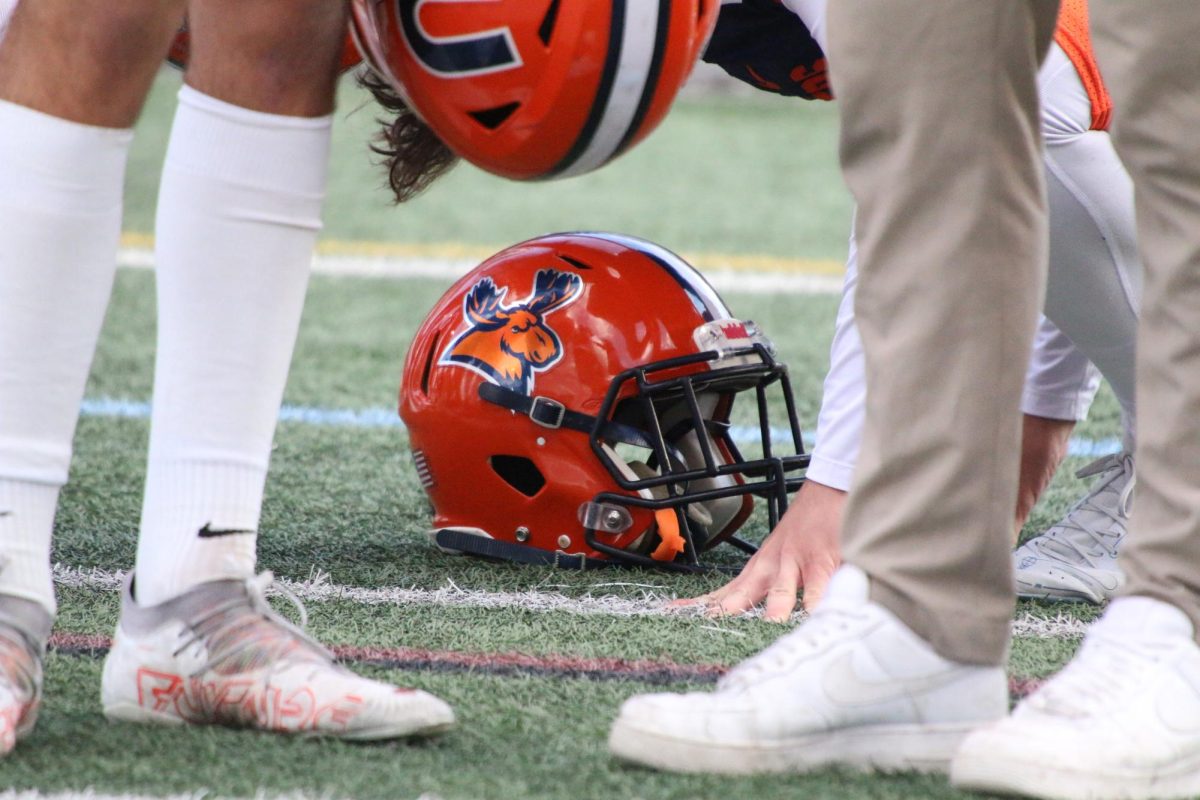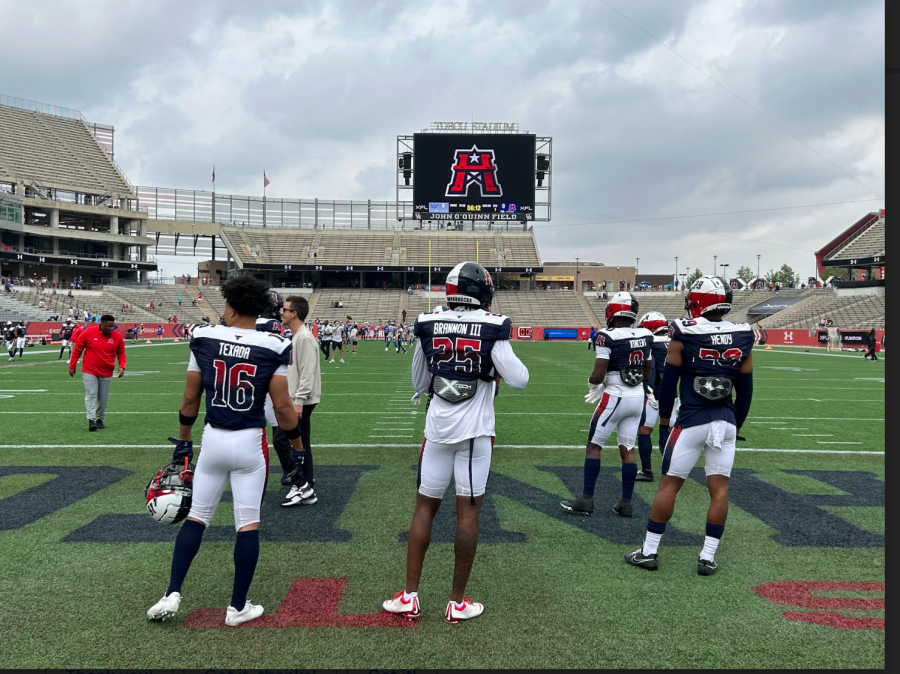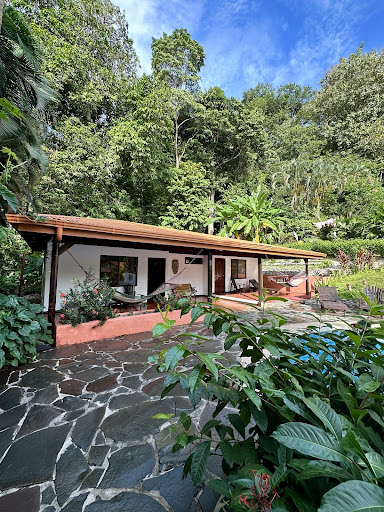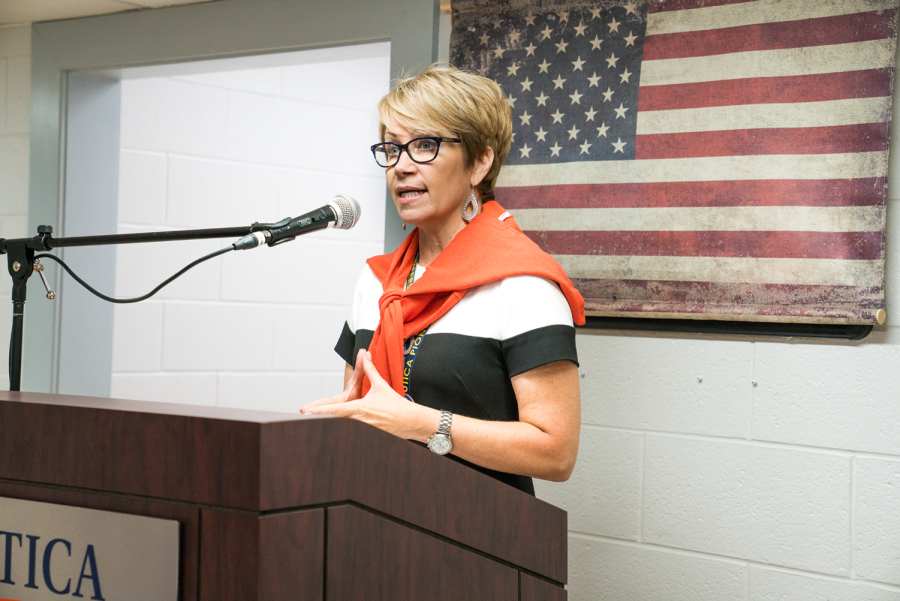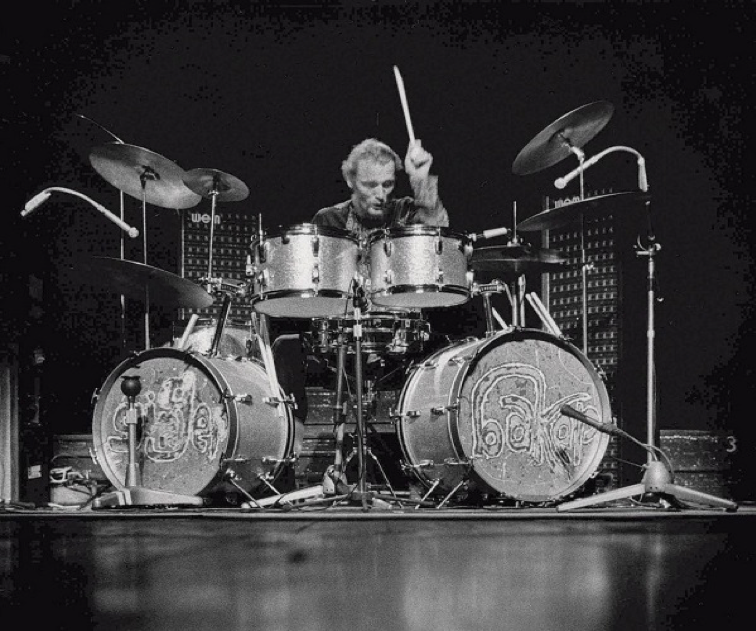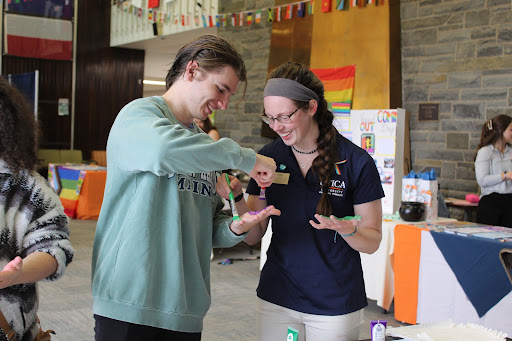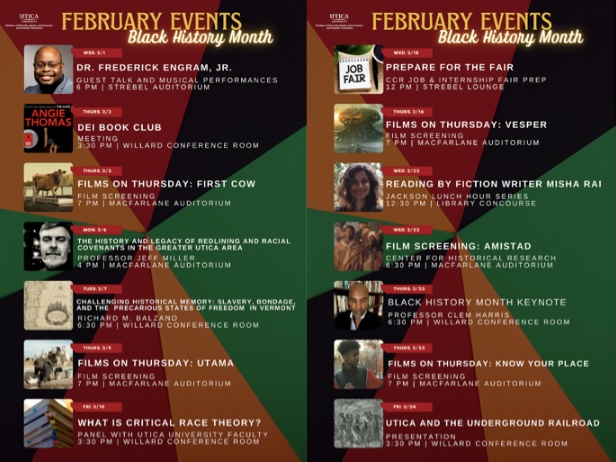On Sunday, Oct. 6, Ginger Baker, one of rock ‘n’ roll’s most acclaimed and eccentric drummers, and the man that Rolling Stone once voted as least likely to survive the Sixties, passed away at a Canterbury hospital at the age of 80.
Baker was innovative in many ways. His playing was equal parts flamboyant and technical behind the drum kit, and stylistically a combination of syncopation, jazz-influenced cymbal patterns and African rhythms.
He was one of the first rock drummers to make use of two kick drums, which would become a staple in most heavy metal music. Drummers such as John Bonham, Nick Mason, Bill Bruford, Stewart Copeland, Danny Seraphine and Ian Paice have all cited Baker as a primary influence on their style.
“His playing was revolutionary—extrovert, primal, and inventive,” said Rush drummer Neil Part in an article for Rolling Stone. “He set the bar for what rock drumming could be. Every rock drummer since has been influenced in some way by Ginger—even if they don’t know it.”
Many musicians and friends paid tribute to Baker all across social media, including Paul McCartney, Ringo Starr, Mick Jagger, Steve Winwood, Questlove, among others. Red Hot Chili Peppers’ bassist Flea especially remembered the freedom of Baker’s playing.
“Rhythms we’ve heard all our lives he plucked them out of the sky,” Flea said. “Rest in peace, Ginger Baker.”
In 2016, Rolling Stone ranked him as the third greatest drummer of all time, behind Keith Moon at second and John Bonham at first. Baker’s catalogue of music is arguably one of the most accomplished.
Born Peter Edward Baker in 1939, growing up Baker was influenced by jazz-greats like Max Roach, Art Blakey and Elvin Jones, and was largely self-taught. Baker was first a member of Alexis Korner’s Blues Incorporated from 1961-1962, before leaving with fellow members Graham Bond and Jack Bruce to form the Graham Bond Organization. The Organization is most famous for being one of the first bands to popularize the Mellotron, before bands as diverse as the Beatles, King Crimson and Manfred Mann incorporated the instrument into their sound.
Baker then left the Organization to found the group he’s most famously associated with, Cream, which featured Jack Bruce on bass and Eric Clapton on guitar. The band were stars overnight, releasing four albums: “Fresh Cream” (1966), “Disraeli Gears” (1967), “Wheels of Fire” (1968) and “Goodbye” (1969). It was on “Fresh Cream” that Baker would record his most significant contribution to the world of music, “Toad,” which contained one of the earliest drum solos in a rock context.
Due to inner strife within the band—primarily the turbulent relationship between Baker and Bruce—Cream broke up after just over two years. This would begin a trend for Baker in which he would join or form a promising group and make amazing music, only for problems to arise and cause the project to disband. This was due to a number of factors, and although it was often because of Baker’s quick irritability and sometimes violent temper with others, as well as his perpetual drug use, occasionally the demise of the groups would happen out of Baker’s control.
After Cream broke up, Eric Clapton had informal jam sessions with former Traffic and Spencer Davis Group vocalist and keyboardist Steve Winwood and talked about starting a new group together. When Baker turned up one day to join in on one of the jam sessions, Winwood persuaded Clapton to let Baker join them despite Clapton’s apprehensions. After adding former Family bassist Ric Grech to the group, the quartet settled on the name Blind Faith and released one self-titled album in 1969.
“Although his appointment was very unorthodox—he showed up on the doorstep and said, ‘Here I am’—he made a great contribution to the Blind Faith album which has withstood the test of time,” Winwood said in an article for Rolling Stone.
The band went on one tour and broke up after the U.S. leg of the tour was finished, due in most part to Clapton’s dissatisfaction with the band and its reception to the audiences they played for.
Winwood and Grech stuck with Baker and formed Ginger Baker’s Air Force, which grew into a massive 10-piece jazz-fusion band which featured the likes of Denny Laine (former Moody Blues and future Paul McCartney and Wings member), Chris Wood (former Traffic), Graham Bond and Baker’s foremost drumming influence Phil Seamen. The band released two albums: the first a live performance recorded at the Royal Albert Hall, and the second, a studio album that featured a different line-up of the band with only Baker and Bond held over from the previous lineup. The Air Force was only active from 1969 to 1971. Baker also participated in the Apple Jam from George Harrison’s “All Things Must Pass” album around this time.
Baker then moved to Africa and set up a studio in Lagos, which was then the capital of Nigeria. It was here that Baker pursued his life-long fascination with the rhythms of African music that influenced much of his playing. Baker was one of the earliest musicians who saw potential in what would later be called “world-music.” He played with many of the top musicians in Africa at the time, including human rights activist and pioneering Afrobeat musician Fela Kuti.
Baker finished out the 70s by forming the Baker-Gurvitz Army with former Gun members Adrian and Paul Gurvitz, releasing three albums: 1974’s “The Baker-Gurvitz Army,” 1975’s “Elysian Encounter” and 1976’s “Hearts on Fire.” The band disbanded due to Baker’s worsening heroin addiction and the death of their manager in a plane crash.
Baker spent most of the 80s kicking his drug habits, but he was a member of the band Hawkwind for a brief time, playing on their “Levitation” album and subsequent tour. He also contributed to John Lydon’s Public Image Ltd. album: “Album.”
In the 90s, Baker briefly joined Masters of Reality and released 1992’s “Sunrise of the Sufferbus” to critical acclaim but poor sales. He also played with the likes of Charlie Harden, Sonny Sharrock and formed a short-lived power-trio with Jack Bruce and Gary Moore.
Cream would reunite in 2005 for one last time to perform a few shows at the Royal Albert Hall and Madison Square Garden. In 2009 Baker released his autobiography “Hellraiser,” and was the subject of his own documentary, “Beware of Mr. Baker,” in 2012. Baker continued to tour with either a jazz trio or quartet, playing around the world at mostly small clubs. He recorded his final album “Why?” in 2014.
Baker had been suffering from a number of health problems in his later years which hindered his playing. He developed COPD after many years of smoking, as well as degenerative osteoarthritis. He had open heart surgery in 2016 which effectively ended his time as an active musician.
“Beneath his somewhat abrasive exterior there was a very sensitive human being with a heart of gold,” Winwood said. “He’ll be missed.”
“Beware of Mr. Baker” is a great documentary to get to know more about the life of this rock ‘n’ roll icon, and is available on Netflix and occasionally on the movie channels. For those who want to know more about Baker’s musicianship, check out his filmed performances with Blind Faith at Hyde Park, the Air Force on the Beat Club and with the Baker-Gurvitz Army on the Beat Workshop which are all available on YouTube.


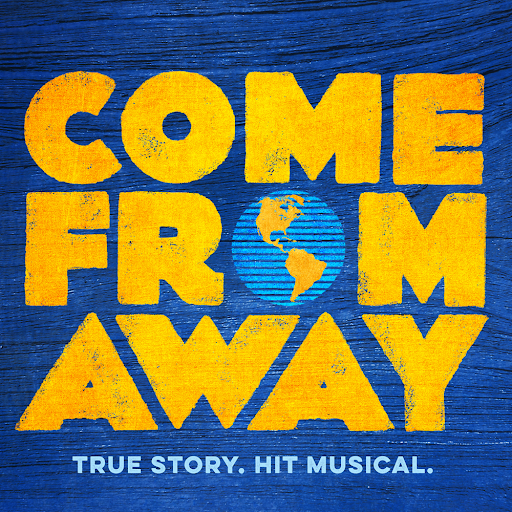




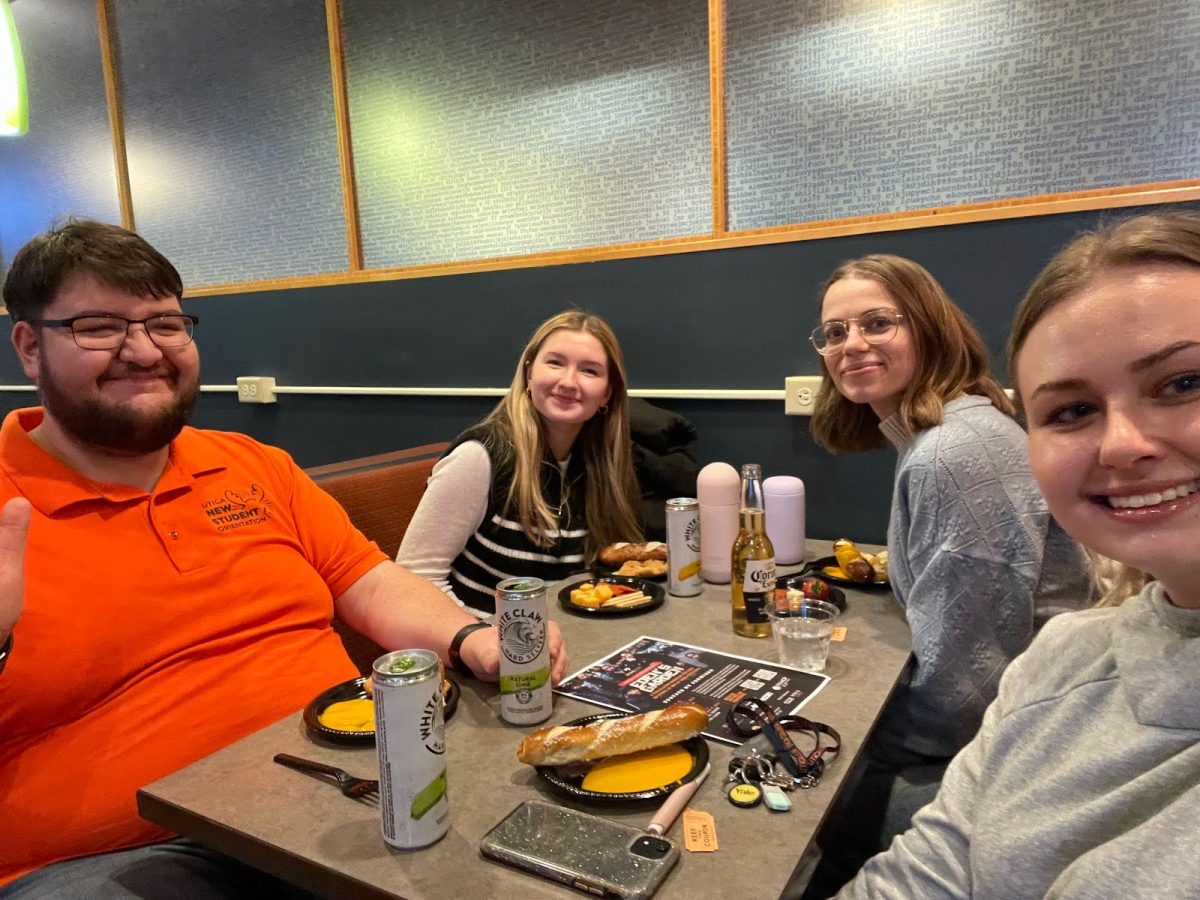
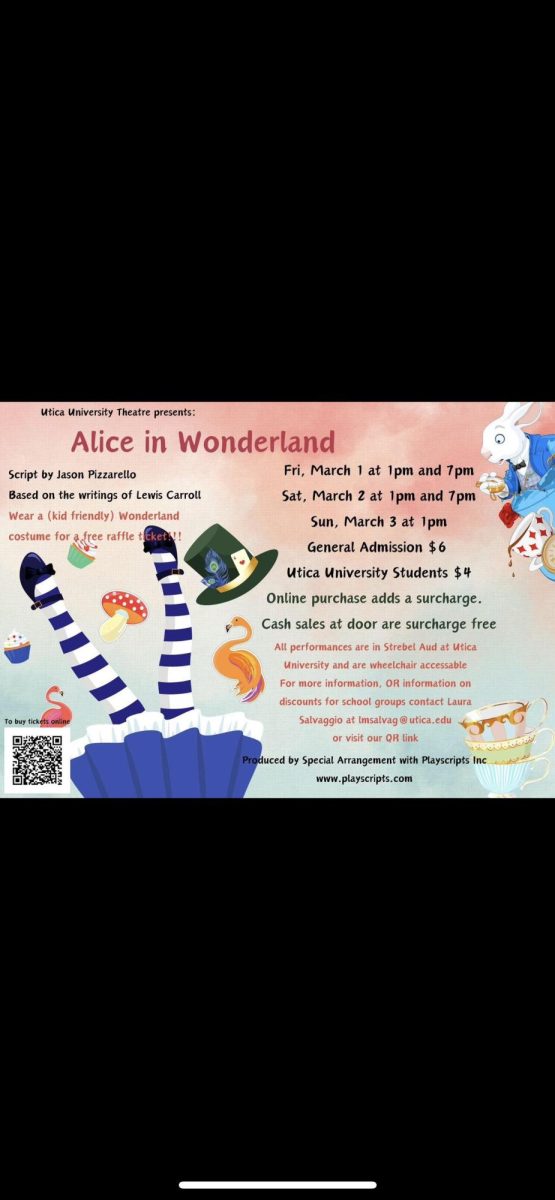









![President Todd Pfannestiel poses with Jeremy Thurston chairperson Board of Trustees [left] and former chairperson Robert Brvenik [right] after accepting the universitys institutional charter.](https://uticatangerine.com/wp-content/uploads/2023/10/unnamed.jpeg)

